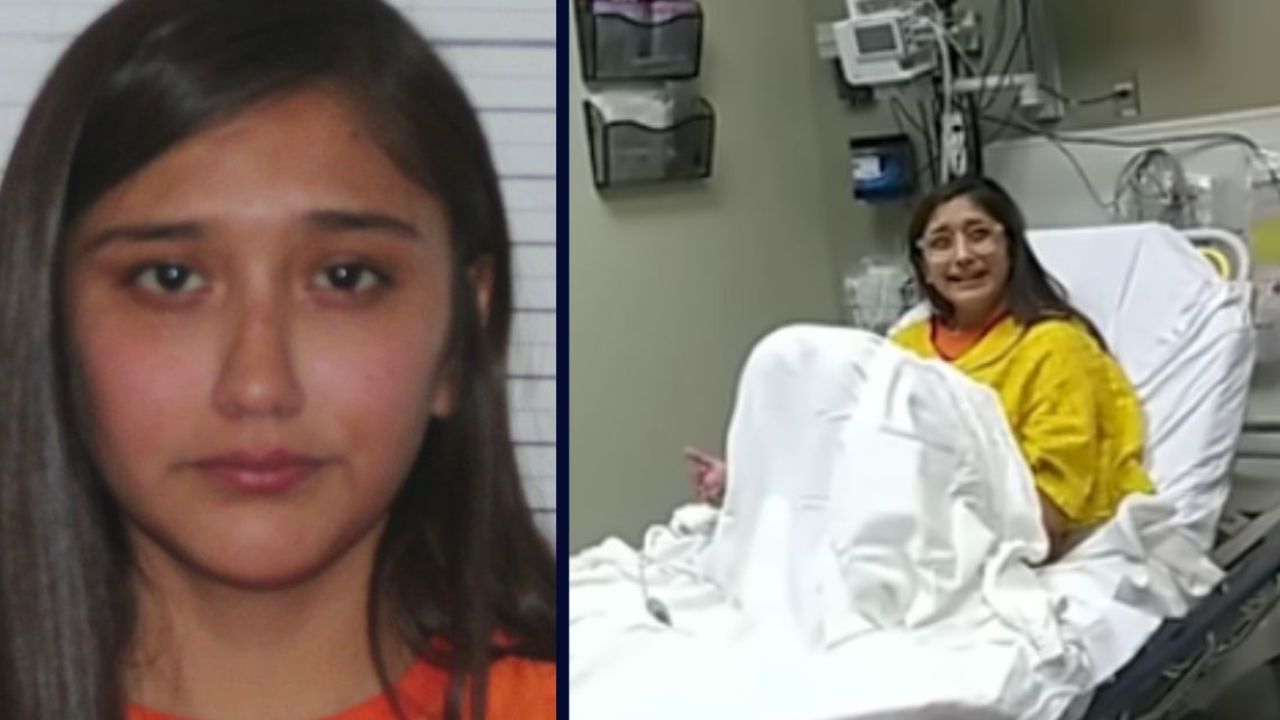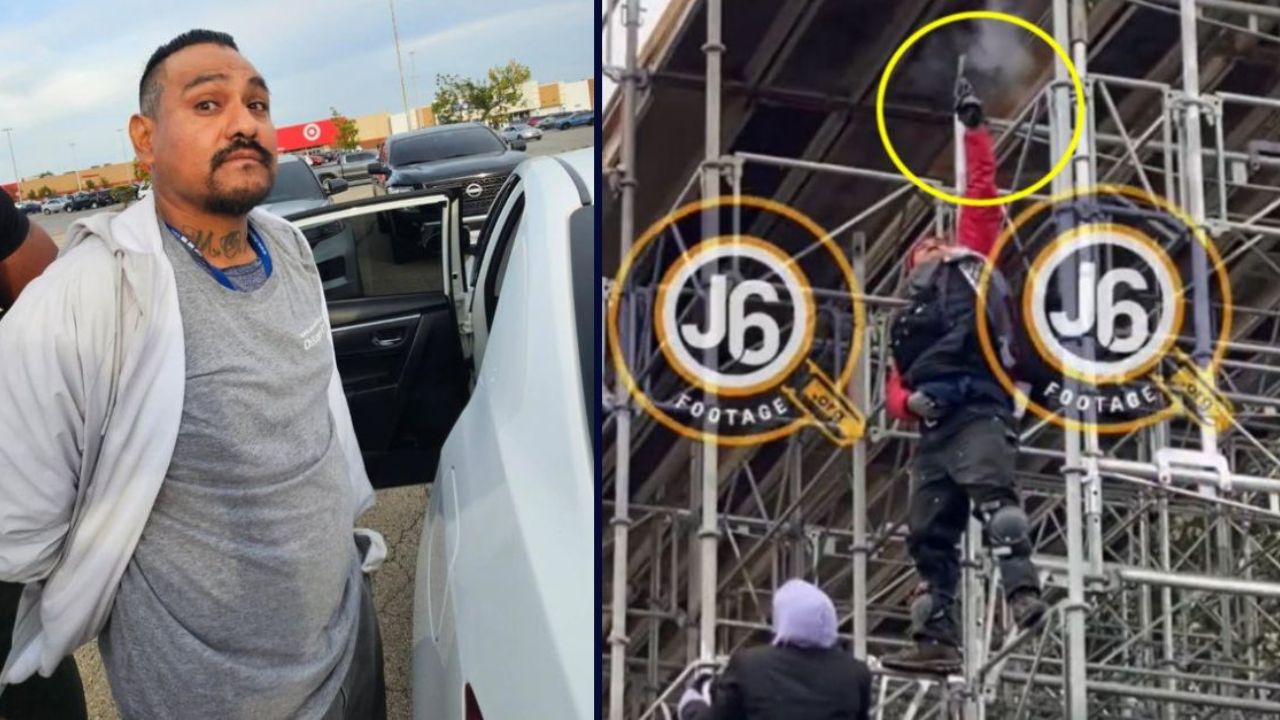Santa Fe, NM – The New Mexico Supreme Court convened on Thursday to deliberate a crucial evidentiary issue in the case of Alexee Trevizo, a young woman accused of murdering her newborn baby boy in January 2023. The court is tasked with deciding whether statements Trevizo made from her hospital bed should be admitted as evidence or suppressed under doctor-patient privilege and Miranda rights protections.
This high-profile case raises significant legal questions about the intersection of medical confidentiality and law enforcement investigations in sensitive reproductive healthcare contexts, with far-reaching implications for vulnerable patients across the state.
Critical Debate Over Admissibility of Hospital Statements
At the heart of the Supreme Court hearing is whether statements made by Trevizo, then 19, shortly after her newborn was found dead in a hospital bathroom trash can, are admissible in court. Following the discovery at Artesia General Hospital, officers joined a doctor in Trevizo’s hospital room, during which she allegedly made incriminating remarks like, “I’m sorry, it came out of me and I didn’t know what to do.”
Trevizo insists the baby was stillborn, but prosecutors argue she killed the infant. Her defense team, however, successfully persuaded a lower court to suppress many such statements, citing doctor-patient privilege and violations of her Miranda rights since she was not informed of those rights prior to making statements.
- The defense asserts that medical privilege protects all communications once Trevizo arrived at the hospital.
- They also contend Trevizo was effectively in custody, as two armed officers were posted in and outside her room, without Miranda warnings being given.
- The district court agreed, suppressing key evidence crucial to the prosecution.
State Challenges Lower Court’s Ruling
Assistant Solicitor General Michael Thomas urged the Supreme Court to overturn the suppression ruling, arguing the lower court “erroneously” excluded evidence. Thomas described the police presence and interaction as non-coercive and spontaneous rather than an interrogation demanding Miranda protections.
“Many of the court’s key findings are either not supported by substantial evidence or even if they are, do not support any assertively related legal conclusion revealing that the district court was mistaken about the applicable law,” Thomas told the justices.
However, justices voiced concerns about whether Trevizo’s environment was truly non-custodial given the armed officers and their positioning during the incident. Justice C. Shannon Bacon noted the police’s “body of knowledge” could have led to fishing for incriminating statements, which troubled the court.
Also highlighted was the blurred line when police accompanied medical staff during examinations, raising questions about invasion of privacy and appropriate roles of caregivers versus investigators.
Defense Stresses Broader Implications for Patient Rights
Defense attorney Amber Feyerberg emphasized the case’s importance beyond just Trevizo, warning that admitting such statements threatens the confidentiality and safety of vulnerable patients seeking reproductive healthcare in New Mexico.
“It’s the ramifications of this case that are extraordinary for Ms. Trevizo and for every vulnerable patient in New Mexico and for the state’s commitments to safe, confidential, reproductive healthcare,” Feyerberg stated. “Physicians and medical personnel take on the role of caregiver. Police take on the role of investigator.”
She warned that allowing the state to use these statements could set a precedent endangering medical privacy, potentially deterring patients from seeking care.
Background and Current Status of the Case
- The infant was found dead on January 27, 2023, and an autopsy on March 28, 2023, ruled the death a homicide.
- Trevizo was initially charged with first-degree murder, tampering with evidence, and intentional abuse of a child, though the child abuse charge was later dropped.
- She was arrested on May 11, 2023, then released on bail five days later.
- The defense has challenged the prosecution’s evidence extensively, limiting what is available for trial.
- Trevizo is also suing the hospital for wrongful death, alleging negligent medical care during her pregnancy.
The case remains under advisement by the New Mexico Supreme Court, with no decision announced yet.
What’s at Stake for New Mexico’s Vulnerable Patients?
The case highlights the delicate balance between law enforcement’s role and medical confidentiality protections:
- Patient privacy: The defense argues that allowing statements made during medical care to be entered as evidence erodes longstanding doctor-patient confidentiality.
- Miranda rights: Whether patients in hospital settings are aware of their rights if police investigations intersect with medical care remains a significant legal concern.
- Healthcare access: Eroding trust in confidential medical care could have chilling effects on reproductive healthcare and vulnerable populations.
Looking Ahead: Awaiting the Supreme Court’s Ruling
With the justices weighing complex legal and ethical issues, the decision will not only determine the fate of Alexee Trevizo’s trial but could reshape policies around medical confidentiality in criminal investigations statewide.
Observers are closely watching how New Mexico’s highest court rules on the intersection of patient rights and law enforcement powers.
What do you think about the balance between patient confidentiality and law enforcement investigations in sensitive cases like this? Share your thoughts in the comments below.




